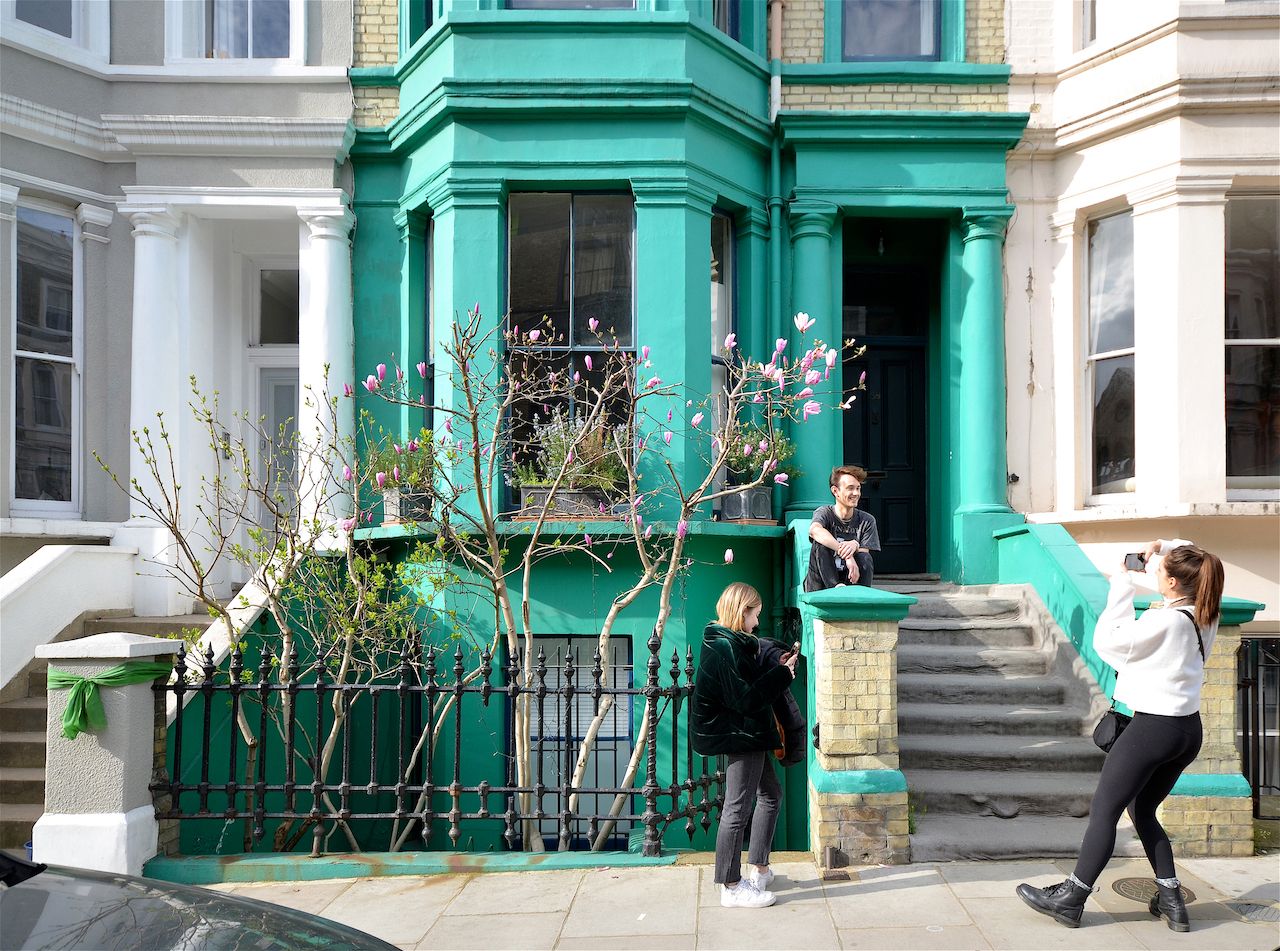Lesson plan: Nature and overtourism
One of the units we studied to prepare for the Cambridge B2 First exam centres around tourism and the environment. For a break from exam activities, I planned the following class to get students talking and thinking about the effect of tourism on nature. This is a lesson that covers all four skills.
Warm up
We started with some tourism-related 'would you rather' questions.
- Would you rather miss your flight or lose your luggage (your travel bags)?
- Would you rather spend the night in a luxury hotel with a stranger, or in a bad hotel with your best friend?
- Would you rather have free flights for the rest of your life, or eat for free in restaurants for the rest of your life?
- Would you rather only visit places you’ve already been, or only visit places you’ve never been?
- Would you rather sit next to someone who talks lots on a train/bus/plane, or a crying baby?
- Would you rather travel the world for a year on little money, or travel for one month in complete luxury?
- Would you rather visit every country in the world or go to space?
- Would you rather spend two weeks traveling to 6 different countries or travel to one country and visit different cities within that country?
Listening practice
I wrote this question on the board: What happens when nature goes viral?
I explained that we were going to watch a video about a natural beauty spot that recently became popular on social media.
Students considered these comprehension questions in groups:
1. In the past, how many people visited the site?
2. How many people visit the site now?
3. What is geotagging?
4. Without the national park infrastructure, what’s the danger of visiting these sites?
5. Why are people concerned for the local residents of the site?
6. What guidelines should people follow when they’re in the outdoors?
Extension: What does it mean for nature to ‘go viral’? Can you think of any other examples of nature going viral?
Reading practice
As a class, we read the following article:
We used our dictionaries for any new vocabulary.
In groups, the students chose a ‘tourist destination ruined by instagram’ (e.g. the Mount Everest base camp, the Superbloom, etc.) and did some independent research on the issue.
I had students find out:
• Where it is
• What it is
• When did it become popular on social media?
• What has happened to the landscape?
• What are people doing to fix the problem?
After 15 minutes, they presented their findings to the class. We discussed if there are any similar cases of this happening in Ecuador. I showed the class some pictures of instagram models in the UK posing outside people's houses in Notting Hill. Students expressed their opinions on the issue.
Writing practice
As a class, we skimmed the following website and noted the ‘7 Principles’ of the Leave No Trace Campaign:
In groups of 2-3, students wrote a set of guidelines/rules for visitors to Podocarpus National Park (a local national park). They had to consider what visitors should/shouldn’t do.
After around 10 minutes, each group shared their ideas with the class.
Extension: Speaking practice
In another class, we had previously discussed 'ecotourism'. To remind students what it is, I had them look at this website for a local eco-tourism lodge.
For 5 minutes, we completed this role-play activity in pairs:
One person is the customer. They want to book a holiday in Ecuador. They have never heard of eco-tourism.
They want a holiday that is:
• Comfortable• Exciting• Close to nature• Within their budget
Another person is the travel agent. Try and sell the customer an eco-holiday in Ecuador.
Explain:
• What is eco-tourism• Why it’s a good holiday option• Where it is
And convince the customer that it meets/satisfies their needs.






Comments
Post a Comment